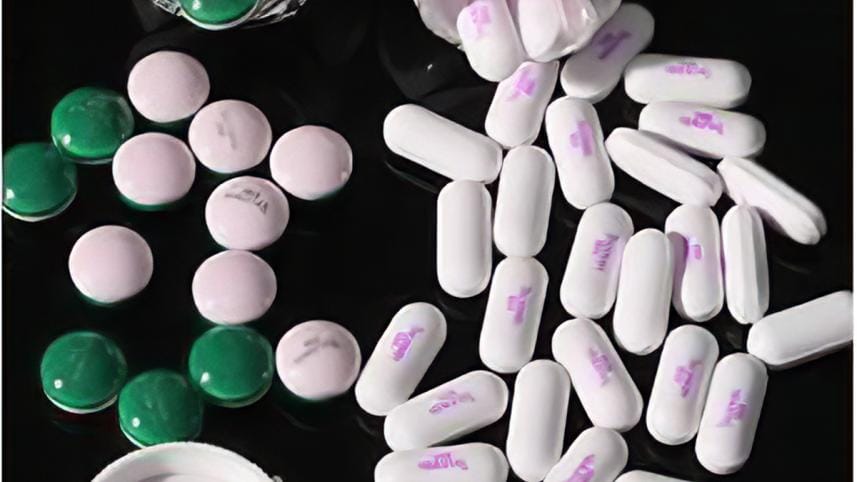Overuse of anti-gastric medicine must be curbed

One of the banes of poor regulatory controls and easy availability of certain medicines in Bangladesh is the long and random use of those drugs, which can result in self-medication—and overuse—and lead to the users suffering from harmful effects. It is our experience that people are generally predisposed to administering medicines on themselves without seeking doctors' advice. While till recently antibiotics topped the list of such drugs, a recent study shows that PPIs, or proton pump inhibitors, which work by reducing the amount of stomach acid made by glands in the lining of the stomach, have now topped the list.
It is little wonder that given the quality of cooking ingredients, the poorer sections of society get afflicted by gastric and stomach problems. The anti-gastric medicines are available over the counters, as most medicines are, and the need for quick relief encourages prolonged use, without the user knowing the irreparable harm that it can do to their bodies. And anti-gastric medicines are taken for all kinds of stomach ailments—from constipation to diarrhoea. The negative effects of taking such medicines were revealed at a recent seminar on the overuse of PPIs at the Bangabandhu Sheikh Mujib Medical University (BSMMU). It is astounding that around 45 percent of cases of gastric or stomach cancer is caused by the overuse of PPIs. Earlier this month, one of the five types of PPI medicines available, Rabeprazole, was banned by the health authorities for its adverse effects.
We believe that time has come to exercise stricter control on the sale of over-the-counter medicines. As it is, the national drug policy prohibits the sale of antibiotics without prescription. But the policy is observed more in its violation. Certainly, sale of those drugs that are commonly used for common ailments must also be brought under regulatory purview. One must also not lose sight of the reality that not all have the means to seek a qualified doctor's advice, and they consequently seek recourse to alternative means. So their predicament must be addressed, too. Besides, public awareness campaigns should be initiated to sensitise people to the danger of drugs whose long-term use is harmful. It is important to drive home the point that in curing gastrointestinal conditions without expert advice, one runs the risk of inviting more serious diseases on oneself.



 For all latest news, follow The Daily Star's Google News channel.
For all latest news, follow The Daily Star's Google News channel.
Comments